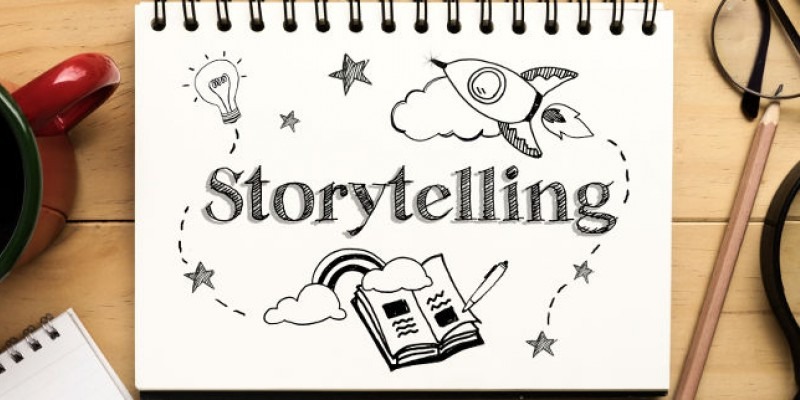What can storytelling do for your business? Here are three ways it can benefit your brand. Stories foster brand loyalty, encourage applause, and show values. Let’s explore them one by one. This content is an effective way to attract new customers, build brand loyalty, and demonstrate your values. Listed below are some of the benefits of storytelling. All of them are worth investing in. To learn more, read on!
Enhances brand loyalty
There are numerous benefits of enhancing brand loyalty with storytelling. Branding stories can build brand trust and foster authenticity. If crafted in the right way, branded storytelling can drive 200% increase in value. The following are some of the benefits of storytelling for brands. They can help build brand loyalty and build consumer trust. Listed below are some of the benefits of storytelling for brands. Hopefully, these examples will help you make better use of storytelling to promote your brand.
Storytelling has a powerful impact on consumer loyalty. Stories engage consumers and create emotional attachments. Consumers respond to brand messages emotionally and become advocates. This increases brand loyalty by fostering a human-to-human connection. The power of storytelling extends beyond the eight-second video. For example, a biopharma client can raise awareness for their brand by using Rare Disease Day to elevate its story. When used effectively, storytelling can result in more conversions, more engagement, and increased sales.
Fosters empathy
There are several ways to show your customers empathy and engage them with your content, from accessibility to providing solutions. You can begin by drawing a Venn diagram based on the problems your audience has and your brand’s expertise. From there, identify two to three themes. Then, prioritize the content based on these themes. To make this process more fun and memorable, consider creating an empathy map. It will allow you to visualize your audience’s emotions.
To understand the role storytelling plays in building empathy, consider the following examples. Storytelling allows us to relate to others on a deeper emotional level. Storytelling creates an emotional connection between us and our customers. In a recent study, researchers at the University of Western Ontario found that people exposed to metaphors performed better on tests that measure emotional intelligence. This may explain why people love metaphors – they help them understand complex problems and make them relate to them more easily.
Demonstrates values
Storytelling promotes living values, and it can serve as a diagnostic tool for organizations. Stories collected can reveal larger issues in an organization, such as a lack of outreach or disrespect for certain populations. An increase in stories can suggest a resolution to a problem, such as ensuring that all employees are treated equally. While storytelling is not the answer to every problem, it can stimulate a culture of living values.
Converts customers to take action
Storytelling has proven to increase conversions. When used correctly, storytelling can highlight the features of a product or service and connect them to the problems of your audience. The most effective storytelling builds brand credibility by matching claims to audience expectations, which can either help build or damage your reputation. Incorporating relatable data with storytelling can help convert customers into loyal customers. Listed below are tips on how storytelling can increase conversions.
Stories evoke an emotional response in consumers. The human brain responds to stories better than any other type of stimuli. In addition to increasing conversions, storytelling also helps businesses better understand their customers. The purpose of any story should be derived from the audience’s needs and wants. Once a client understands a brand’s story, they are more likely to trust it. It’s imperative to use storytelling as a marketing strategy, not only to sell products or services but also to develop brand loyalty.

